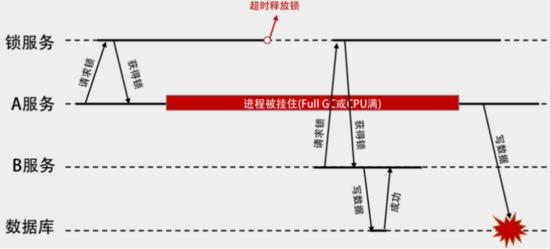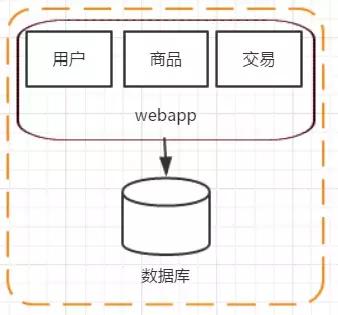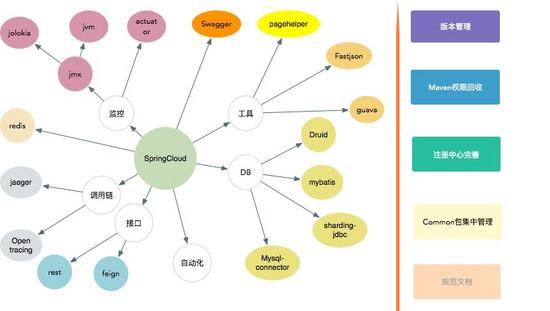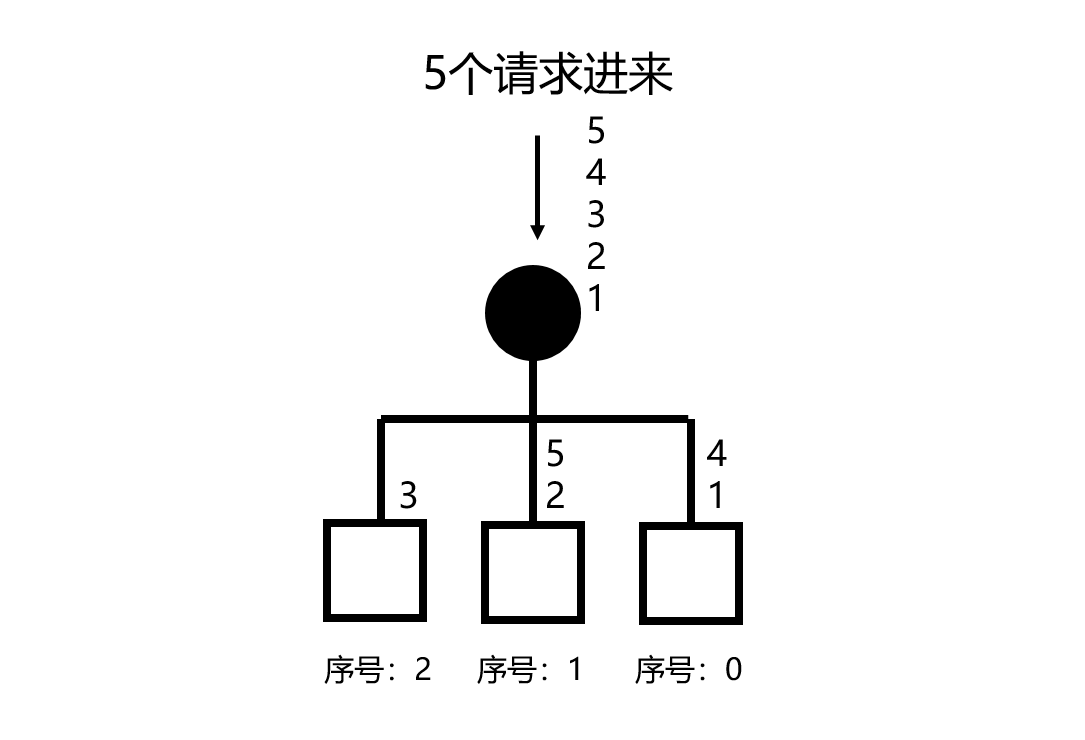介绍 & lt; dependency>
& lt; groupId> io.springfox
& lt; artifactId> springfox-swagger2
& lt; version> 2.2.2
& lt;/dependency>
& lt; dependency>
& lt; groupId> io.springfox
& lt; artifactId> springfox-swagger-ui
& lt; version> 2.2.2
& lt;/dependency>
这篇文章将为大家详细讲解有关如何在springboot项目中使用狂妄自大,文章内容质量较高,因此小编分享给大家做个参考,希望大家阅读完这篇文章后对相关知识有一定的了解。
<强> 1,砰的一声。xml
引入了两个jar。
<强> 2,应用程序。java
包com.xxx.firstboot;
进口org.springframework.boot.SpringApplication;
进口org.springframework.boot.autoconfigure.SpringBootApplication;
进口springfox.documentation.swagger2.annotations.EnableSwagger2;
@SpringBootApplication一样//@ configuration + @EnableAutoConfiguration + @ComponentScan
@EnableSwagger2//启动大摇大摆注解
公共类应用程序{
公共静态void main (String [] args) {
SpringApplication.run (Application.class, args);
}
} 说明:
引入了一个注解@EnableSwagger2来启动大摇大摆注解。(启动该注解使得用在控制器中的大摇大摆注解生效,覆盖的范围由@ComponentScan的配置来指定,这里默认指定为根路径“com.xxx.firstboot"下的所有控制器)
<强> 3,用户控件。java
包com.xxx.firstboot.web;
进口org.springframework.beans.factory.annotation.Autowired;
进口org.springframework.web.bind.annotation.RequestHeader;
进口org.springframework.web.bind.annotation.RequestMapping;
进口org.springframework.web.bind.annotation.RequestMethod;
进口org.springframework.web.bind.annotation.RequestParam;
进口org.springframework.web.bind.annotation.RestController;
进口com.xxx.firstboot.domain.User;
进口com.xxx.firstboot.service.UserService;
进口io.swagger.annotations.Api;
进口io.swagger.annotations.ApiImplicitParam;
进口io.swagger.annotations.ApiImplicitParams;
进口io.swagger.annotations.ApiOperation;
进口io.swagger.annotations.ApiResponse;
进口io.swagger.annotations.ApiResponses;
@RestController
@RequestMapping (“/user")
@Api(“用户控件相关api")
公开课用户控件{
@ autowired
私人UserService UserService;//@ autowired//私有MyRedisTemplate MyRedisTemplate;
@ApiOperation(“获取用户信息“)
@ApiImplicitParams ({
@ApiImplicitParam (paramType=癶eader" name=皍sername",数据类型=癝tring",要求=true, value=https://www.yisu.com/zixun/庇没У男彰?defaultValue=皕haojigang”),
@ApiImplicitParam (paramType=安檠?name=懊苈搿?数据类型=白址?要求=true, value="用户的密码”,defaultValue=皐angna”)
})
@ApiResponses ({
@ApiResponse(代码=400,消息="请求参数没填好”),
@ApiResponse(代码=404,消息="请求路径没有或页面跳转路径不对”)
})
@RequestMapping (value="/getUser”,方法=RequestMethod.GET)
公共用户getUser (@RequestHeader(“用户名”)字符串用户名、@RequestParam(“密码”)字符串密码){
返回userService.getUser(用户名、密码);
}//@RequestMapping ("/testJedisCluster”)//公共用户testJedisCluster (@RequestParam(“用户名”)字符串的用户名){//字符串值=myRedisTemplate.get (MyConstants。USER_FORWARD_CACHE_PREFIX、用户名);//如果(StringUtils.isBlank(值)){//myRedisTemplate.set (MyConstants。USER_FORWARD_CACHE_PREFIX、用户名JSON.toJSONString (getUser ()));//返回null;//}//返回JSON。parseObject(价值,User.class);//}
} <>强说明:
1,@Api:用在类上,说明该类的作用
2, @ApiOperation:用在方法上,说明方法的作用
3, @ApiImplicitParams:用在方法上包含一组参数说明
4, @ApiImplicitParam:用在@ApiImplicitParams注解中,指定一个请求参数的各个方面
,,1,paramType:参数放在哪个地方头——祝辞请求参数的获取:@RequestHeader
,,,,,,①查询——祝辞请求参数的获取:@RequestParam
,,,,,②路径(用于restful接口),在请求参数的获取:@PathVariable
,,,,,,③身体(不常用)
,,,④才能,形式(不常用)
,,2、名称:参数名
,,3,数据类型:参数类型
,,4、要求:参数是否必须传
,,5、价值:参数的意思





